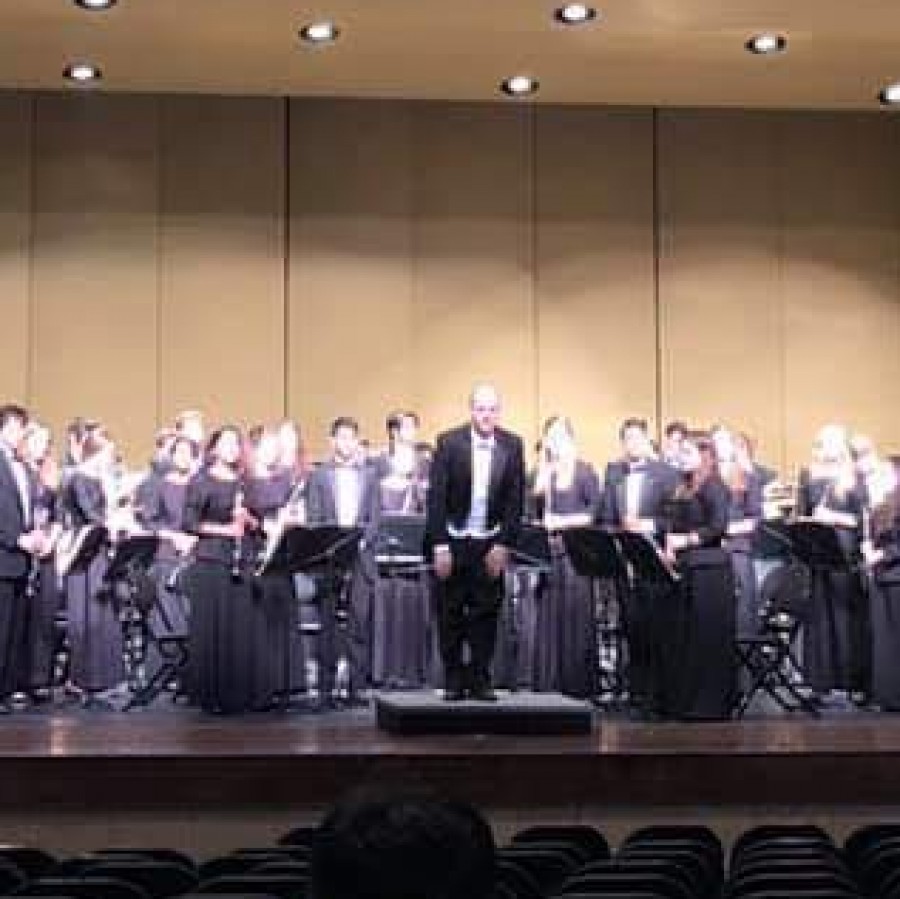The marching band has played its last show for the year, meaning the upperclassmen have now been divided into three ability-based concert bands for the rest of the school year.
The division is based on a three part audition; each student must sight read music, play as many scales as they can in two minutes, and prepare a series of short etudes (musical pieces). These auditions take place in the last weeks of marching band, and after their completion the directors must analyze recordings from all auditions to determine placements.
This process is tedious and time-consuming. Band director Brian Gartner goes through it annually anyway because he believes it allows each student to have the best experience possible. “One of the positive aspects of having as many band students as we have is that we can offer multiple bands that meet the needs of all of our students,” he said.
When each band has students of similar abilities, the curriculum can be suited to those students. Gartner and the other band directors want students to play music at the right difficulty level. “We can choose music that is best suited to that group, rather than picking music that may be too easy for some students or too difficult for other students,” said Gartner.
Clarinetist Brenna Morley supports this organization of bands. “Being with students who play about as well as me means we push each other to become better musicians,” she said. However, Morley doesn’t love the audition process. “The auditions are stressful and don’t factor in how a student consistently plays or their normal work ethic,” she said.
The process may not be perfect, are working to make the placement process fair for all band students. While not every student may get into the band they prefer, Gartner believes each band is a great place to be. “We have no bad bands here at Pleasant Valley. We have high expectations of all of our groups and we expect all of our bands to be excellent,” he said.









